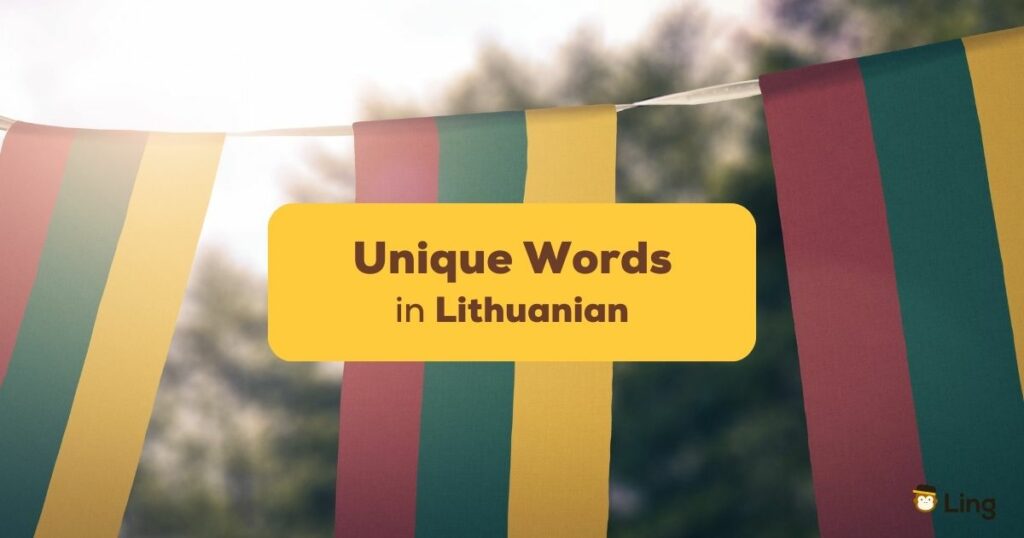Looking for unique Lithuanian words? Lithuanian, what a delightfully quirky language it is! Nestled in the Baltic region, this linguistic gem has managed to preserve its ancient roots while embracing the winds of change. But what truly sets Lithuanian apart from its linguistic counterparts is the treasure trove of unique words it offers, ones that seem to have slipped through the cracks of English vocabulary.
As an English speaker, have you ever struggled to find the perfect word to express a feeling, a situation, or a phenomenon? Don’t worry, Lithuanian has come to our rescue! It seems the Lithuanian people have crafted words for experiences so specific, so wonderfully peculiar, that they will leave you simultaneously chuckling and yearning to borrow them.
In this article, we embark on a journey to uncover these linguistic gems, these elusive treasures that have yet to find their way into the English language. From “švelnusis” (the tenderest, most gentle one) to “tamsiųjų rytų tamsa” (the darkness of the dark east), we’ll dive headfirst into the richness and playfulness of Lithuanian vocabulary.
By the end of our adventure, I hope to have ignited in you the same adoration I feel for the native language of Lithuania and hope you have a deeper understanding of this fascinating language. So, buckle up, grab your dictionary (or Google Translate), and let’s explore the unique words that will tickle your funny bone and leave you wanting more of Lithuania’s linguistic charm. Are you ready?

The Lithuanian Language: History And Features
Spoken primarily in Lithuania, the land where amber flows freely and folktales come to life, this linguistic marvel boasts a modest but spirited population of around three million speakers. With roots stretching back to the ancient Baltic tribes, Lithuania has overcome the passing of time with its head held high, determined to keep its distinctive charm intact. It is one of the few surviving Baltic languages, sharing some traces with its cousin, Latvian.
What makes Lithuanian truly special, you ask? Well, hold on to your dictionary because here comes the good part! This language is a treasure trove of features that will make any grammar nerd weak in the knees:
- Rich Declensions: Nouns change their forms to express grammatical cases. Whether it’s the accusative, genitive, or dative case, Lithuanian nouns will keep you on your toes as you navigate the twists and turns of their transformations.
- Pitch-Accent System: Depending on which syllable gets the accent, the meaning can change entirely.
- Plentiful Diminutives: Lithuanian has a soft spot for cuteness. It has an abundant collection of diminutive suffixes, allowing speakers to sprinkle their sentences with adorable affection. From “namelis” (house) to “namučiukas” (little house), these diminutives add a touch of endearing charm to everyday vocabulary.
- Enigmatic Consonant Clusters: Lithuanian loves its consonant clusters, where multiple consonants cozy up together in a single word.
- Extensive Verb Forms: With a plethora of verb forms, including past, present, and future tenses, along with various moods and aspects, Lithuanian verbs know how to express the subtle nuances of action and time.
Unique Lithuanian Words
Time to dive into the Lithuanian words we all wanted to have in English. These words are unique to Lithuanian and have no direct translation to English.

Dievinu
The closest in English we have to describe this word is “divine.” Lithuanians use the word Dievinu to describe something that exceeds expectations and is almost perfect. Now, I know what that beautiful girl was telling me the other day when she called me Dievinu (modesty aside).
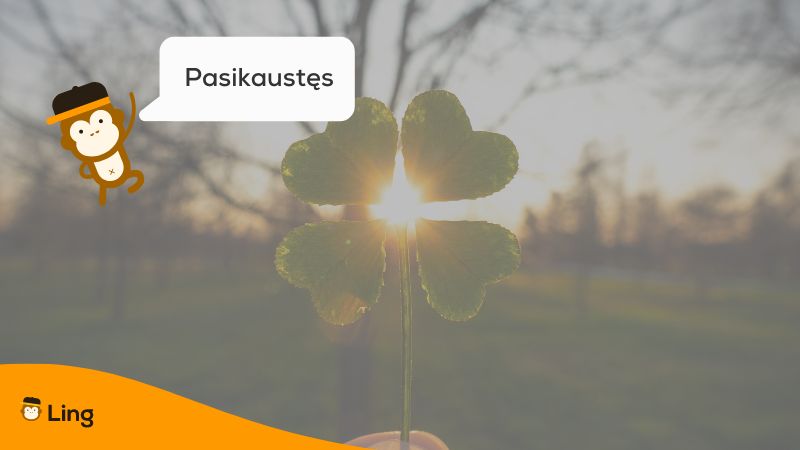
Pasikaustęs
Do you know someone that seems to always have all the luck with him? That everything is just hand fed to him, and all the opportunities just fall in his lap? Well, if you didn’t know what to call him, here is a new word for you – Pasikaustęs!
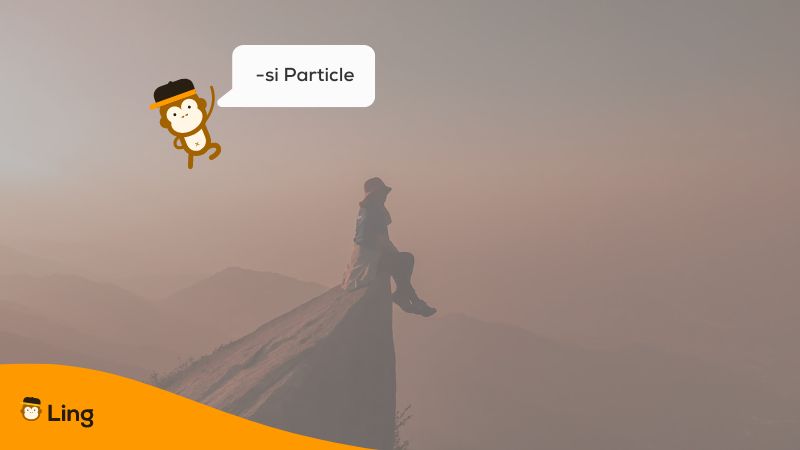
-Si Particle
Another fascinating feature of the Lithuanian language is the use of the particle -si. To explain this particle is very simple – you use it when you want to say that you’re doing something to yourself. For example, the expression “to wash” is plauti but to say “to wash yourself” is nusiprausti.
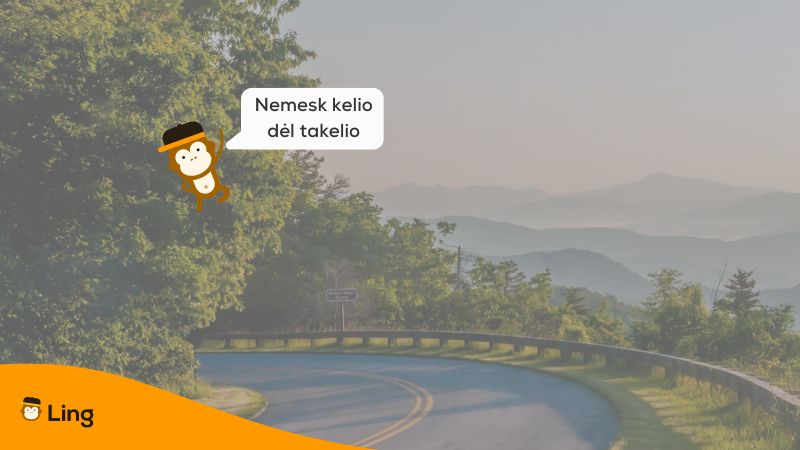
Nemesk Kelio Dėl Takelio
Ok, this one is a mouthful, but one of the funniest ones. Literally translating it to English, it means “don’t throw a road for a smaller road,” and it is a very quirky way to not give up on your long-term dreams for momentary distractions or pleasures.

Baltas Pavydas
I know I need these words in English, and I might even start using them in Lithuanian. Literally translating, it means “white envy,” and it just means that you’re jealous without negativity or bad intentions. You’re simply jealous! Imagine your friend is cruising on a boat tour in the Caribbean while you’re working late on a project while is raining outside – I’d be very Baltas pavydas!

Nekažką
This word is actually a slang word in Lithuanian to describe something bad or a nasty situation. Imagine your mom asks, “How was the game?” without knowing you lost 5-0, a good time to say nekažką.

Laukiu Nesulaukiu
Ooh, I love this one! Literally means “I wait, but I cannot wait,” and I feel this completely translated my life. Perfect for those moments when you’re just too excited and anxious for something to happen!
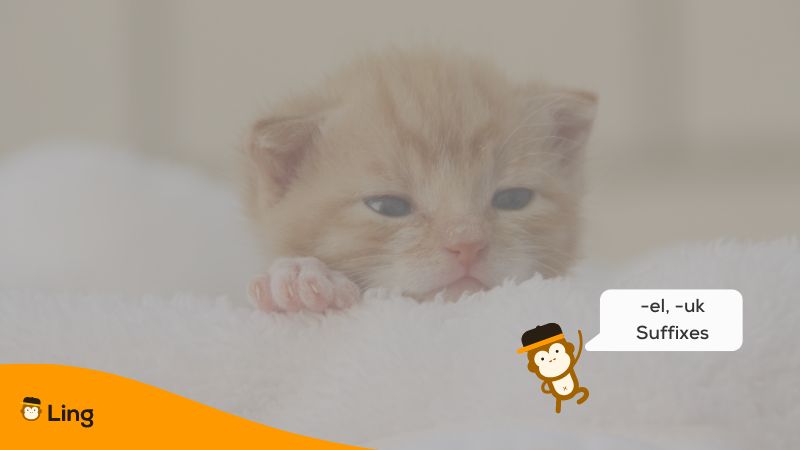
-El, -Uk Suffixes
Nothing new, but Lithuanians really love their suffixes to make things smaller. They are obsessed with cuteness, so they use and abuse the suffixes -el and -uk to turn normal things into small things.

Vabzdulynas
The literal translation is “crawling with insects,” and it is the best way that I’ve ever seen to describe that situation when you get to a beautiful place, and it is infested with tourists. Think Eiffel tour at 11 AM or Ramblas Avenue at 6 PM. Completely and totally Vabzdulynas.
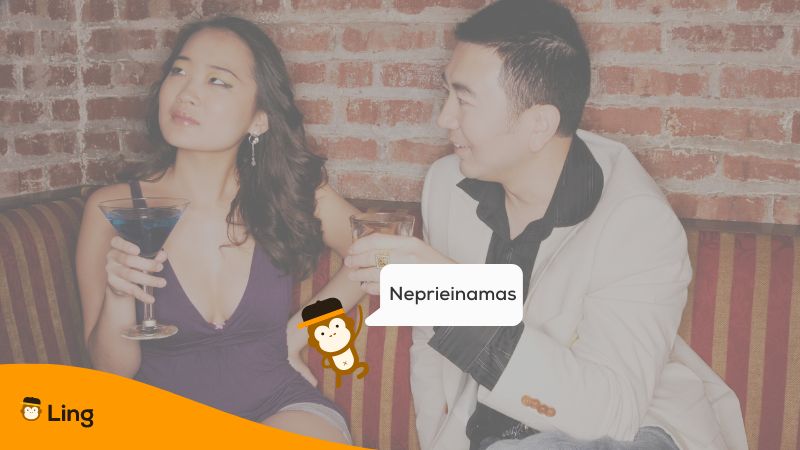
Neprieinamas
This word is used to describe the situation when someone tries their best to seduce someone but is completely turned down. It is a word to emphasize how impossible it is for the two to have a relationship.

Akimirksnins
Another beautifully crafted word in the Lithuanian language. This word just means a short period of time, and it is as similar to “a blink of an eye” or a “heartbeat” as it can get.
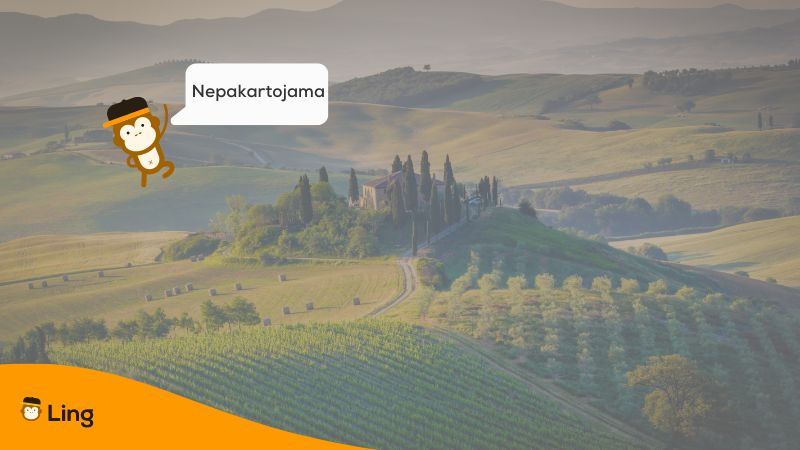
Nepakartojama
Finally, I left the best for last. Lithuanians use this word to describe a situation that is unique once in a lifetime. It is used to describe a situation that will never happen again, literally meaning in English “unable to repeat.” Beautiful, isn’t it?
Learn More Lithuanian With Ling
Are you ready to dive deeper into the captivating world of the Lithuanian language (or any other language, for that matter)? To unlock its secrets and master its enchanting features? Look no further! Take the next step to speak Lithuanian and download the Ling app now from the App Store or Play Store.
